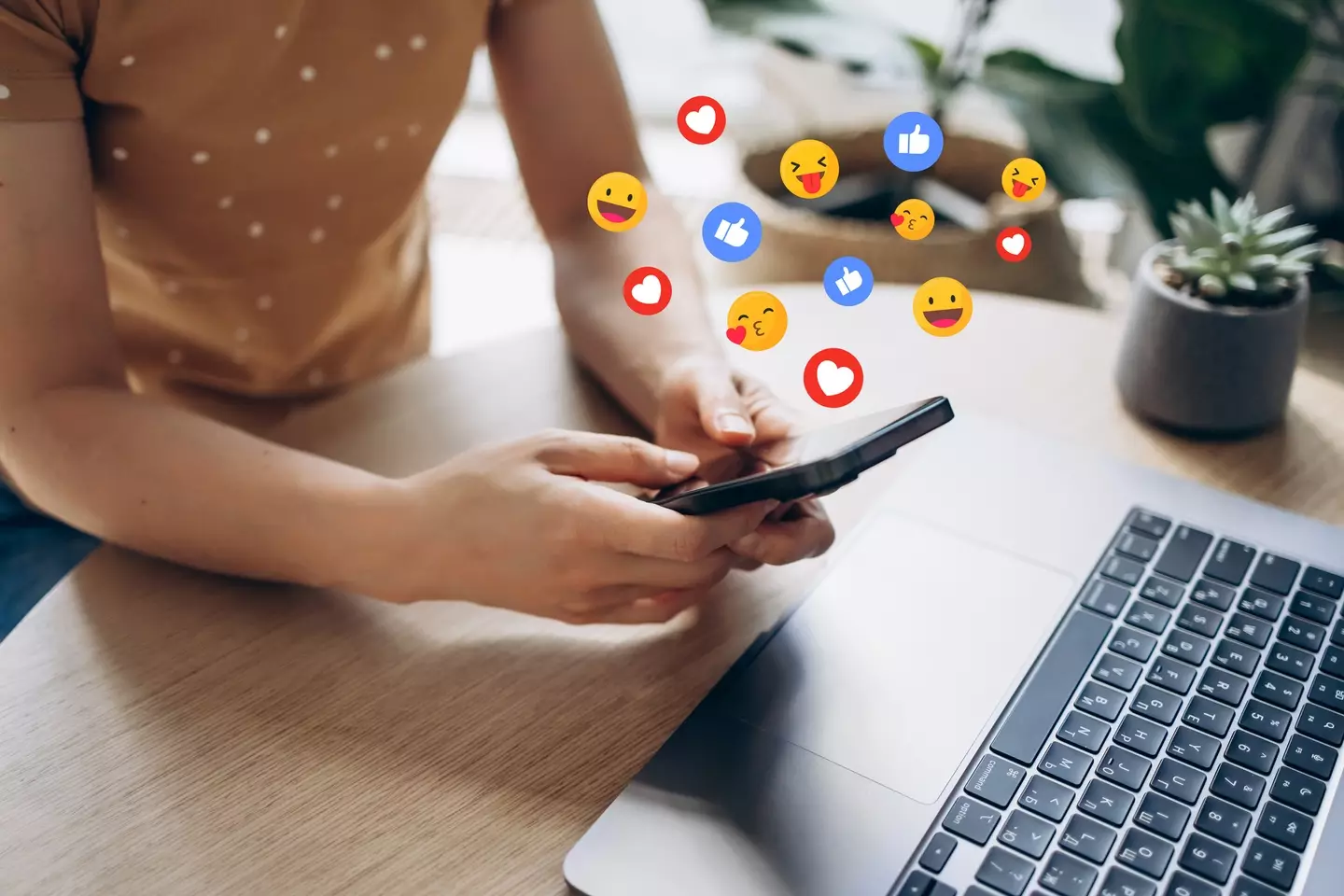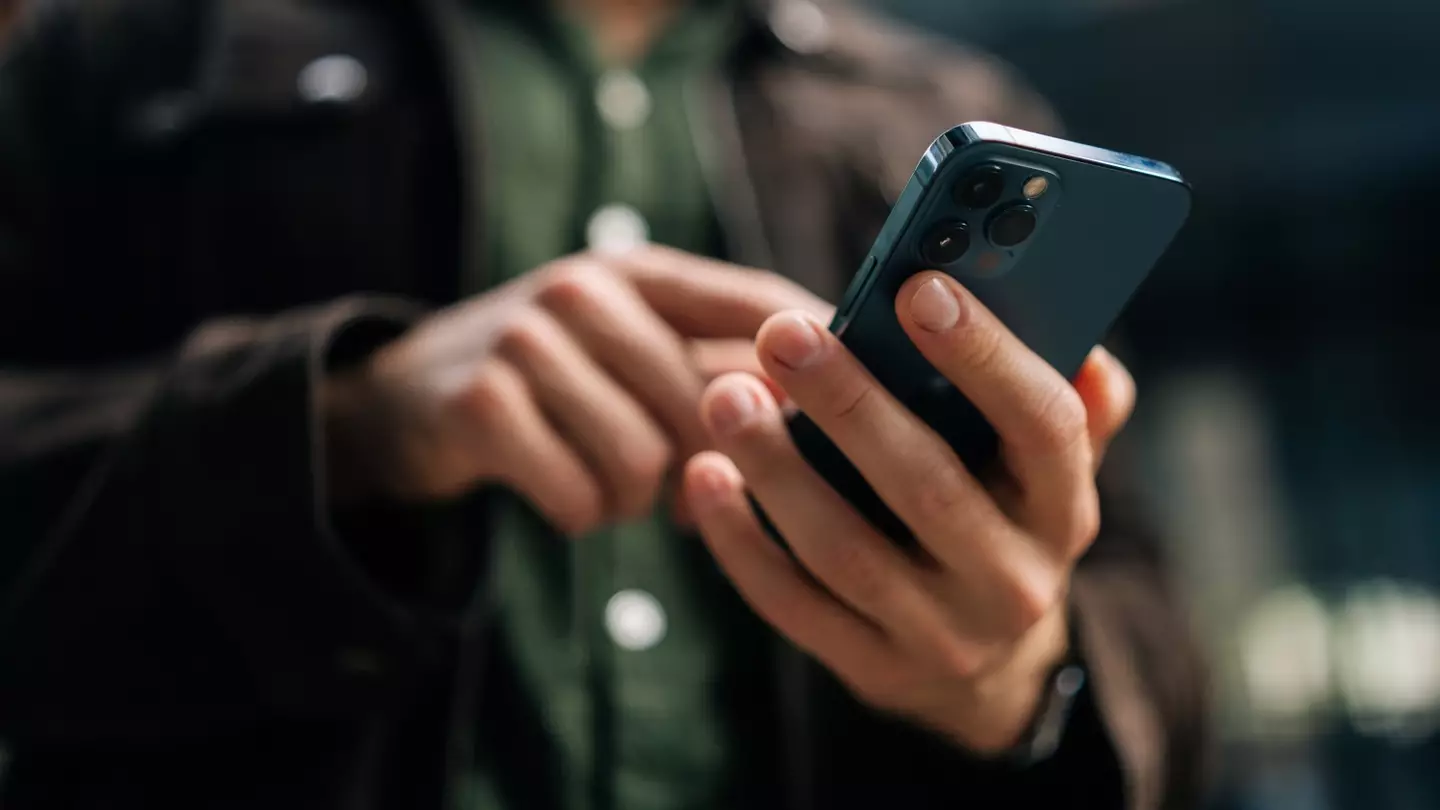An expert has shed light on the alarming science behind our inability to resist refreshing our social media feeds.
We’ve all experienced it; watching our own Instagram stories more times than anyone else likely will.
Obsessing over whether our photo collection looks ‘aesthetic’ enough before hitting post.
Moments later, a notification – a like, followed by another, then a comment. We refresh, anticipating more. And just like that, the cycle perpetuates.
This pattern is similar to mindless scrolling; sitting down for a brief moment, only to find hours have elapsed after consuming some of the most trivial content online.
Yet, it feels gratifying – almost excessively so. But why do likes, shares, comments, and endless scrolling captivate us so profoundly?
Rob Phelps from Digital PR illustrates that our desire for likes is anchored in biology and the intrinsic human need for acknowledgment.
Social media has heightened our quest for validation – accessible instantly, regardless of our location or activity.
While this instant gratification feels compelling, it harbors a darker aspect, as Rob elucidates…

Receiving a like or comment triggers dopamine release in our brains, the pleasure-inducing chemical rewarding us for enjoyable experiences.
It mirrors the biological high from purchasing something new, savoring a treat, or getting a message from someone special.
However, these rewards are typically predictable, unlike the validation from social media.
Likes can fluctuate unpredictably, one day abundant, the next scarce, and the timing is always uncertain.
This unpredictability fuels its addictiveness. The anticipation often matches the intensity of the reward.
It keeps us tethered to our devices, perpetually refreshing feeds in search of a dopamine surge.
“Likes and comments have become the new currency of social proof,” Rob states.
“They don’t merely indicate someone likes your content; they act as public displays of influence, value, and belonging. This is why many feel compelled to delete underperforming posts or gain confidence when a post receives a plethora of reactions.”
The public visibility of likes and comments adds another layer of pressure, as others also witness the validation we receive.

The downside of this validation is the tendency to compare ourselves to what seems ‘better’.
Studies indicate that comparing online engagement levels heightens anxiety and lowers self-esteem.
“You could post a picture you love, and it garners 20 likes. Meanwhile, your friend’s similar photo receives 200 likes. Logically, your brain knows it’s just a number on a screen, but emotionally, it can feel like rejection,” Rob explains.
The immediate reduction in self-worth arises because someone else attracted more engagement.
This issue isn’t exclusive to teenagers or frequent social media users; it affects anyone engaging with digital platforms, from parents to professionals.
The quest for validation extends beyond individuals. Brands are equally vulnerable to this. Digital PR, in fact, thrives on the same psychology, seeking credibility, acknowledgment, and visibility.
“Instead of likes and comments, brands pursue mentions in national media, coverage in respected outlets, and viral campaigns spreading across platforms,” Rob states. “It’s not merely about exposure when a campaign goes viral; it signifies legitimacy. Both individuals and organizations share this common longing: to be heard, seen, and valued.”

David offers five straightforward tips to break this habit. Though straightforward, they’re not necessarily easy…
Constant notifications are designed to keep you engaged. Disabling them returns control to you. Without continual reminders, you’ll start noticing a reduced urge to check your phone frequently.
Emphasize meaningful interactions – both online and offline – over mere likes. “One sincere comment holds more value than a hundred thoughtless likes,” Rob advises. “This shift from quantity to quality enhances the reward of your online engagement.”
Designate one day a week as a ‘no-check notifications’ day. This practice helps detach self-worth from the quick thrill of engagement.
Establishing such boundaries reduces the emotional impact of the highs and lows associated with frequent phone checks.
Invest in genuine achievements like picking up a new hobby, completing a project, or nurturing relationships. Confidence flourishes through action, not approval.
“Offline accomplishments are real, enduring, and impervious to algorithms,” Rob remarks.
In essence – engage with the real world!
David emphasizes that brands measure success by lasting impact rather than fleeting popularity spikes.
“Apply this principle to your life: consider the legacy you leave behind. Focusing on personal growth over likes fosters lasting confidence.”

